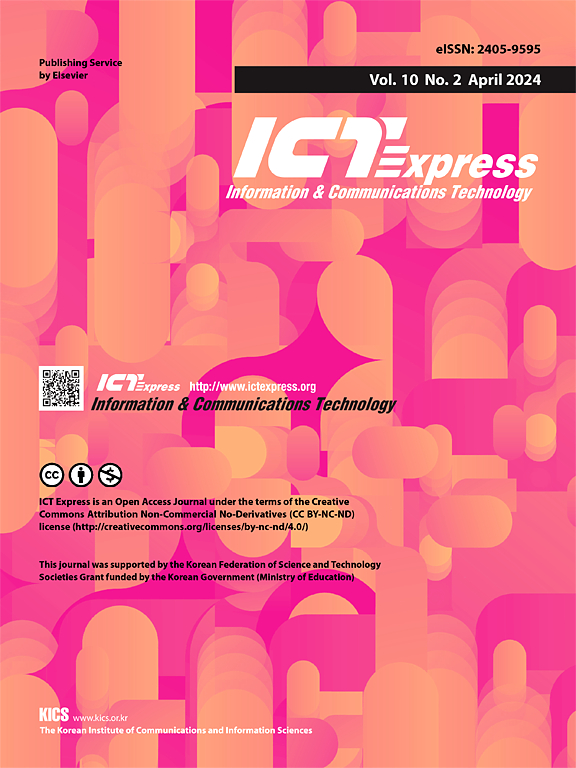未来无线网络中的边缘计算:对 6G 及其后的全面评估和展望
IF 4.1
3区 计算机科学
Q1 COMPUTER SCIENCE, INFORMATION SYSTEMS
引用次数: 0
摘要
未来互联网的目标是成为一个中立的网内存储和计算平台,这对实现 6G 及更高版本的无线用例至关重要。以信息为中心的网络和边缘计算是推动这一愿景的关键范式,可在异构网络中提供快速响应的多样化服务。这种方法需要有效的协调,以便在非同质和分布式计算环境中近乎实时地动态利用链路、存储和计算等资源。此外,网络还必须了解资源可用性和声誉信息,以管理未知和部分观测到的动态系统,确保所需的体验质量(QoE)。本文全面评估了边缘计算技术,首先介绍了其架构框架。我们考察了资源分配、计算授权、数据管理和网络管理等重要方面的当代研究,并强调了现有的研究空白。此外,我们还探讨了边缘计算与 5G 之间的协同作用,并讨论了通过边缘计算增强解决方案的 6G 进展。我们的研究强调了将边缘计算纳入未来考虑的重要性,特别是在可持续能源和标准方面。本文章由计算机程序翻译,如有差异,请以英文原文为准。
Edge computing in future wireless networks: A comprehensive evaluation and vision for 6G and beyond
Future internet aims to function as a neutral in-network storage and computation platform, essential for enabling 6G and beyond wireless use cases. Information-Centric Networking and Edge Computing are key paradigms driving this vision by offering diversified services with fast response times across heterogeneous networks. This approach requires effective coordination to dynamically utilize resources like links, storage, and computation in near real-time within a non-homogenous and distributed computing environment. Additionally, networks must be aware of resource availability and reputational information to manage unknown and partially observed dynamic systems, ensuring the desired Quality of Experience (QoE). This paper provides a comprehensive evaluation of edge computing technologies, starting with an introduction to its architectural frameworks. We examine contemporary research on essential aspects such as resource allocation, computation delegation, data administration, and network management, highlighting existing research gaps. Furthermore, we explore the synergy between edge computing and 5G, and discuss advancements in 6G that enhance solutions through edge computing. Our study emphasizes the importance of integrating edge computing in future considerations, particularly regarding sustainable energy and standards.
求助全文
通过发布文献求助,成功后即可免费获取论文全文。
去求助
来源期刊

ICT Express
Multiple-
CiteScore
10.20
自引率
1.90%
发文量
167
审稿时长
35 weeks
期刊介绍:
The ICT Express journal published by the Korean Institute of Communications and Information Sciences (KICS) is an international, peer-reviewed research publication covering all aspects of information and communication technology. The journal aims to publish research that helps advance the theoretical and practical understanding of ICT convergence, platform technologies, communication networks, and device technologies. The technology advancement in information and communication technology (ICT) sector enables portable devices to be always connected while supporting high data rate, resulting in the recent popularity of smartphones that have a considerable impact in economic and social development.
 求助内容:
求助内容: 应助结果提醒方式:
应助结果提醒方式:


